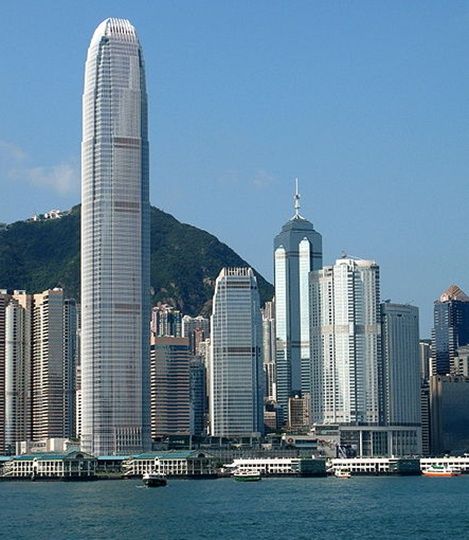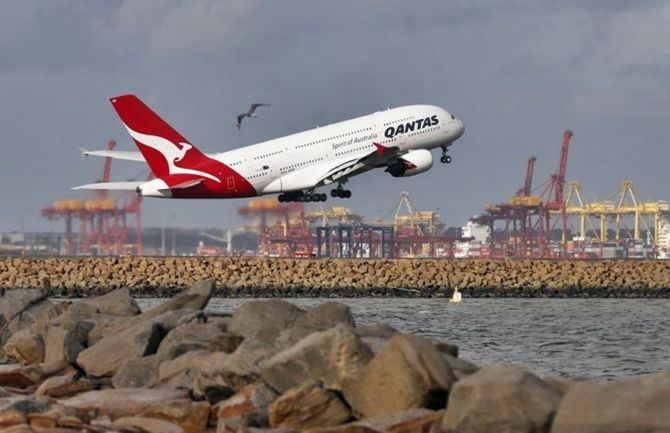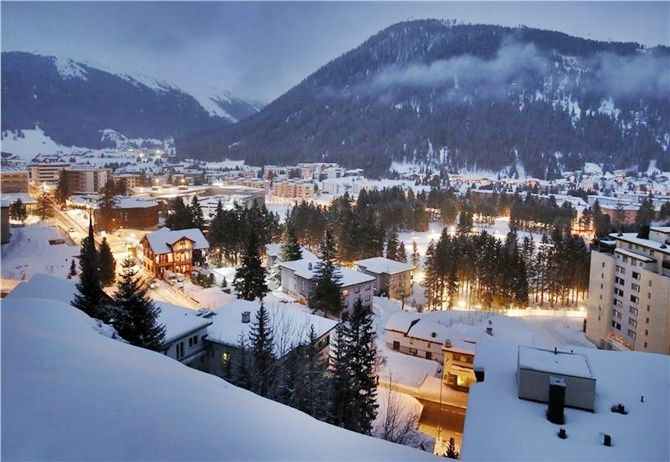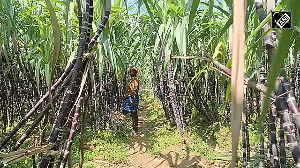Hong Kong is the world’s freest economy according to the Index of Economic Freedom 2015.

Published annually by The Wall Street Journal and The Heritage Foundation, the index highlights the improvement across four broad policy areas that affect economic freedom: rule of law, limited government, regulatory efficiency, and open markets.
There are 10 specific categories on which the countries are ranked: property rights, freedom from corruption, fiscal freedom, government spending, business freedom, labour freedom, monetary freedom, trade freedom, investment freedom, and financial freedom.
Thirty-seven countries, including Taiwan, Israel, Poland and Colombia, achieved their highest-ever scores. Among the 178 countries ranked, scores improved for 101 countries and declined for 73, states the study.
India’s economic freedom score is a poor 54.6, making it the 128th freest in the 2015 Index. India’s level of economic freedom is unchanged over five years.
It score has fallen by 1.1 points from last year, with modest improvements in business freedom, property rights, and freedom from corruption.
Take a look at the world’s 10 freest economies…

Hong Kong
Rank: 1
Score: 89.6
GDP (PPP): $381.9 billion
Ranked No. 1, Hong Kong’s score slid by 0.5 points to record the second-lowest rating since 2007.
“Although Hong Kong continues strongly to maintain the features of an economically free society, the city’s waning institutional uniqueness has placed it at a critical crossroads,” the study said.
The higher level of perceived corruption outweighs small improvements in business freedom, labour and fiscal freedom, states the study.

Singapore
Rank: 2
Score: 89.4
GDP (PPP): $348.7 billion
Singapore’s score is unchanged from last year.
Singapore has showed improvement in the management of government spending, monetary freedom, and labour freedom. It however has a lower score for freedom from corruption.
The country has progressed well in economic freedom by 2.1 points, the largest score increase among the 10 freest economies.
It efforts to build a world-class financial center, openness to global commerce have helped in improving its scores.

New Zealand
Rank: 3
Score: 82.1
GDP (PPP): $136.6 billion
New Zealand has shown progress in management of government spending, monetary freedom, and labour freedom.
New Zealand is ranked 3rd out of 42 countries in the Asia-Pacific region.
Market openness and free trade has helped the economy grow at a steady pace.

Australia
Rank: 4
Score: 81.4
GDP (PPP): $999.6 billion
Australia has gained in monetary and labour freedom though it saw a decline in investment freedom, freedom from corruption, and the control of government spending.
Though economic freedom has declined slightly over the past five years, the Australian economy has performed well in regulatory efficiency and has well-established open-market policies.
In 2014, Australia became the first developed country to repeal a carbon-emissions tax, states the study.

Switzerland
Rank: 5
Score: 80.5
GDP (PPP): $371.6 billion
Switzerland has shown modest improvement in business, fiscal and monetary freedom.
It has seen a large decline in labour freedom and small drop in freedom from corruption and the management of government spending.
In the Europe region, Switzerland tops among 43 nations.
The highlights of the economy include monetary stability, low public debt, and a vibrant employment market.
Efficient business environment, diversified economic growth, openness to global trade and investment adds to its fortunes. Anti-corruption measures are in force.

Canada
Rank: 6
Score: 79.1
GDP (PPP): $1.5 trillion
Canada’s economic freedom score is lower than last year, with modest improvements in monetary freedom and the control of government spending.
The freest economy in the North America region, it has seen a drop in labour freedom and freedom from corruption.
The increase in the level of perceived corruption has led to slide in Canada’s score.
However, Canada offers one of the world’s most stable business environments.

Chile
Rank: 7
Score: 78.5
GDP (PPP): $334.8 billion
Chile has shown an improvement in monetary freedom, though it saw a drop in labour freedom, freedom from corruption, and the control of government spending.
Chile’s economic freedom has advanced by 1.1 points in the last 5 years.
The country has made steady gains in property rights, price stability, and the investment climate.
Estonia
Rank: 8
Score: 76.8
GDP (PPP): $29.8 billion
Estonia’s economic freedom score is slightly higher than last year, reflecting improvements in business freedom, freedom from corruption, and labour freedom.
Estonia is ranked 2nd out of 43 countries in the Europe region.
Despite the eurozone crisis, Estonia’s domestic economy has advanced with improvements in the property rights regime and the entrepreneurial environment.
Minimal state interference prudent fiscal policy, a commitment to open markets, and overall regulatory efficiency are the other highlights.
Ireland
Rank: 9
Score: 76.6
GDP (PPP): $188.9 billion
Ireland’s economic freedom score has improved with an improvement in the management of government spending and monetary freedom.
It has scored low on property rights, labour freedom, and freedom from corruption.

Mauritius
Rank: 10
Score: 76.4
GDP (PPP): $20.9 billion
Mauritius’s economic freedom score is unchanged from last year.
It has slipped in labour freedom while it showed progress in control of government spending, business freedom, and monetary freedom.
The country also has a stable fiscal policy and openness to global trade and investment, a stable macroeconomic environment, prudent policy decisions, and openness to competition.











 © 2025 Rediff.com -
© 2025 Rediff.com -